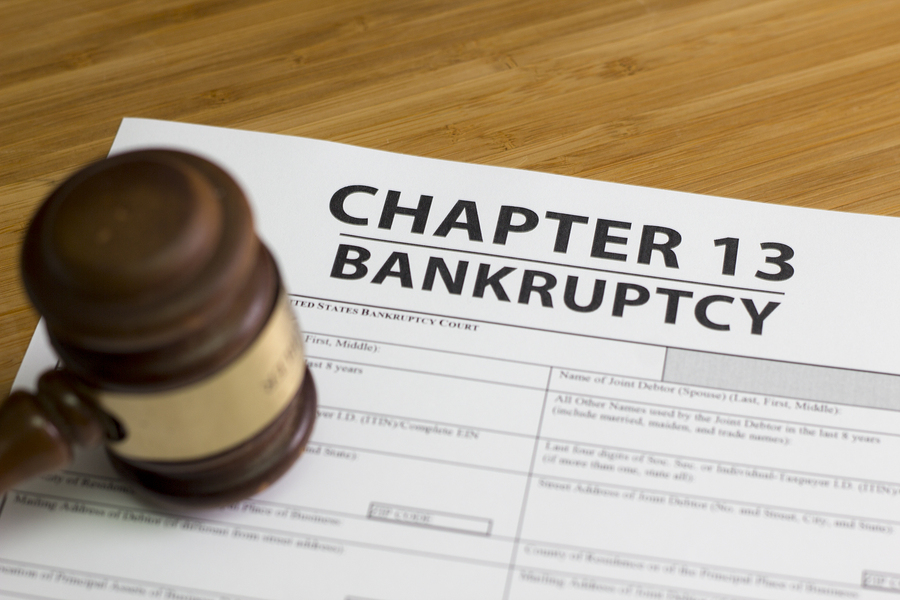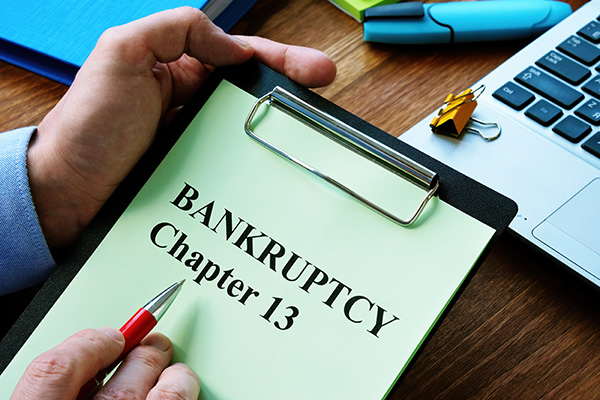Hello, this is Jeff Kelly and in this podcast today I want to answer the question, how do you file Chapter 7 and still keep your stuff that you owe money on? And the answer is reaffirmation agreements. So let’s go through some hypotheticals. Let’s say you’ve got somebody, they’ve got a 2010 Honda Accord and they owe about $10,000 on it, payment’s about $350 a month. Interest rate is 12% and they also have $50,000 credit cards and then another $50,000 in medical. What’s going to happen? Well, in a Chapter 7 situation, assuming they qualify, the credit card debt is going to be wiped out, eliminated, gone. Medical debt’s going to be wiped out, eliminated, gone. Why? Because those are unsecured debts. Now, let’s talk about the car. What’s going to happen with that? Could the person in this hypothetical surrender the car to the creditor and wipe out the debt?
Absolutely they could, but if they want to keep it and they’re going to have to keep making the payments and they’re going to have to sign something called a reaffirmation agreement. A reaffirmation agreement is a contract between you and the creditor and basically it says this, “Hey Honda Accord creditor, I could wipe you out, but I’m going to give up all of my Chapter 7 rights and we’re going to treat this debt and treat this debt only as if we have never filed.” Now personally, I’ll be honest with you, I don’t like reaffirmation agreements; I’m extremely cautious about reaffirmation agreements. Once you sign that reaffirmation agreement, you have 60 days to change your mind if the car ends up being a clunker. But, the danger with reaffirmations is this: you can only file Chapter 7 once every eight years. So what happens if you sign a reaffirmation agreement on this car and couple years down the road, the car goes ca-plunk, but you still owe thousands of dollars on it.
Well guess what? You’re going to pay back thousands of dollars on it. You can only file Chapter 7 once every eight years. So you have to be extremely careful about signing a reaffirmation agreement. So for my clients, we’re going to grill you and we’re going to ask you over and over, are you sure you want to reaffirm this car? Are you positive you want to reaffirm this car? Now, what happens if you’ve got some outrageous interest rate, let’s say 35%. There is no way on planet earth we’re going to sign a reaffirmation agreement on that. That is a rip-off. You are just getting gouged. It would not be wise for you to sign a reaffirmation agreement on something like a super high-interest rate like that. Is it possible that a creditor will negotiate and bring the interest rate down? Normally I would tell you that that’s just never going to happen, but it actually did this past week. I did have a creditor that was amazingly reasonable and actually came down from 35% to 12% on this particular client’s car. Honestly, I was shocked. We routinely tell car creditors all the time, forget it, eat, steal, you’re going to have to take the car back because we’re not doing 35% and most of the time they do take it, but this creditor did not.
Now I want to talk about four wheelers for a little bit. Man, the four wheeler. Can you file Chapter 7, wipe out all your debts and keep your four wheeler? It depends; how much is that monthly payment? Is it super high? Is it super small? What’s the interest rate? I hate the idea of signing a reaffirmation agreement on a four wheeler. If the payment’s $200 a month for the next year, okay, maybe. If you owe $8,000 and interest rate is 35%, no way are we going to reaffirm the four wheeler. That is a rip off, but it really gets dicey when the four wheeler is your kid’s favorite toy on planet earth. And every now and then, not too often — I’m usually – unlike most law firms, you get to spend a lot of time with an attorney when you file Chapter 7 with us before the case is filed. Because we want to go through things like this. We want to talk through them, but I’ll be honest with you, sometimes we do talk it through and I’ll say, “Look, this four wheeler is a bad idea. You can’t do it. We’re not going to reaffirm this; $8,000 is too much; 35% is too much; $400 a month for the four wheeler payment, no way.” The client will agree, we sign the case, we get it filed, and then it comes time to give the four wheeler back to the creditor and the client says, “No, forget it. I can’t do it. I just – no, you got to reaffirm it.”
No, we’re not doing it. So that’s why it’s so important to spend time with your attorney and make sure everything is clear. Because there’s — I care about my clients. I don’t want them strapped with an $8,000 debt on a toy when we’re trying to focus on basic necessities and build up a savings so that we’ll never have to borrow again from anyone. I am all about financial freedom for my clients and signing a reaffirmation agreement, it kind of goes in the opposite direction, but hey, I get it. Sometimes the car payment is reasonable, the interest rate is reasonable and you have to have a way to get back and forth to work. But one more thing I want to throw in here is what if you do give the car back and your Chapter 7 finishes out about 90 days after you file, does this mean you’re never ever going to be able to get another car again?
Well, no it does not. In fact, most smart car companies will be happy to sell you a car once your case discharges. And here’s why. You don’t owe anyone after your Chapter 7 is discharged. So if you go buy a car, that car company is your one and only creditor and you can’t refile again for eight years. So when some car company tells you, “Hey, we’re going to do you a special favor by selling you this car.” B.S.! Their goal is to get you into the most expensive car they possibly can because they know they’ve got eight years to take it out of you. Got to be careful; extremely careful. Hey, if you get a chance, subscribe to my podcast here, or I want you to go to my main website, www.kellycanhelp.com and download this book that I wrote on Chapter 13 and Chapter 7. Go down to the bottom of the page, type in your name and your email address and boom, we will get that book to you in your inbox.
If you want a hard copy, call me (770) 881-8449. We’ll mail one to you while supplies last. Take advantage of a free consultation. If you’ve got questions on how the law applies to your specific situation – you can’t do the research on your own and figure this out. You need a qualified bankruptcy attorney to examine your situation. It is a free consult. This is a no brainer. Take advantage of it. Give us a call. Let’s go through your income. Let’s go through your budget. Let’s see if we can come up with a plan that works for you. Give us a call, (770) 881-8449. Thank you.


Transcript: Hello, this is Jeff Kelly Today is December the 7th 2019. And today I want to talk about automatic payments that come out...

Hello, this is Georgia bankruptcy attorney, Jeff Kelly and today is May the 11th, 2020. Today I would like to talk about how an...